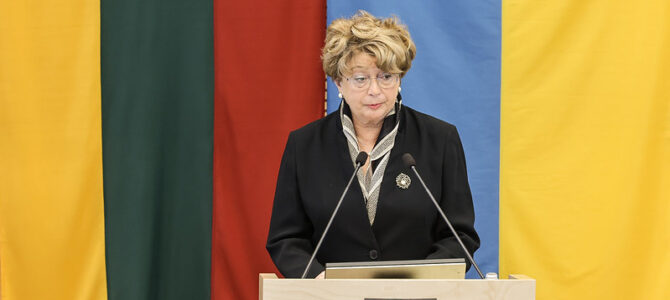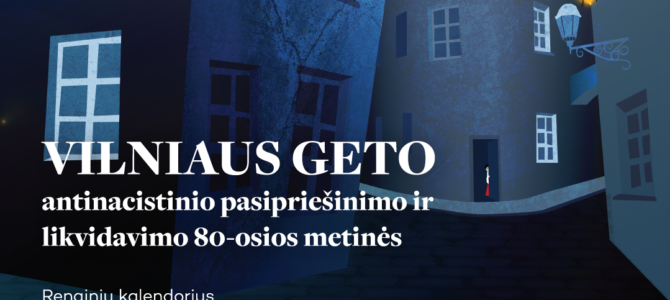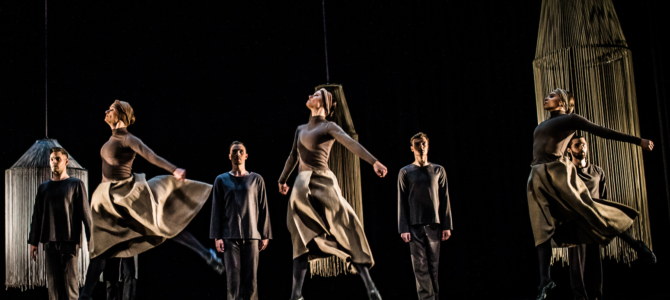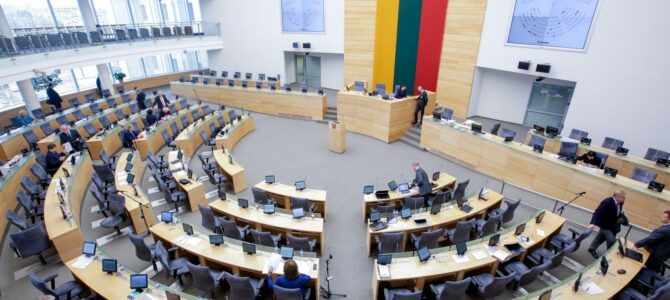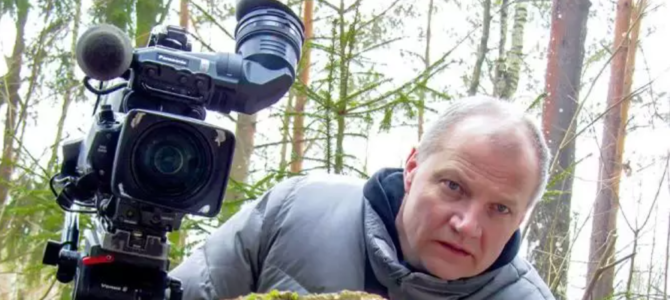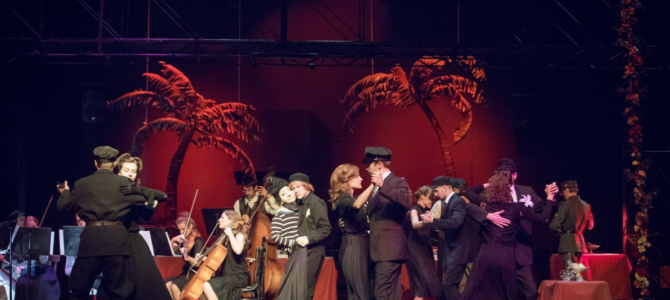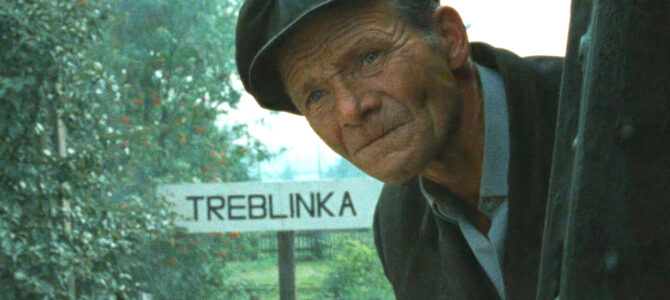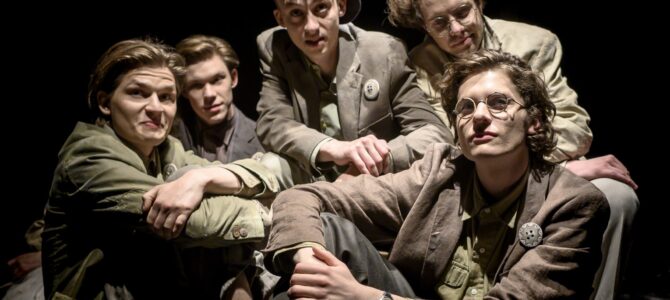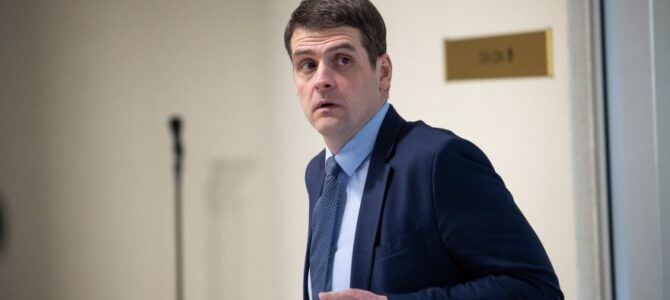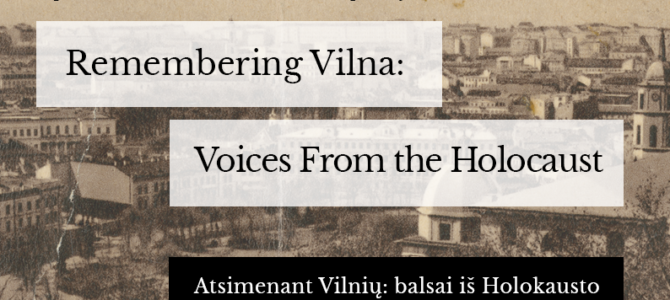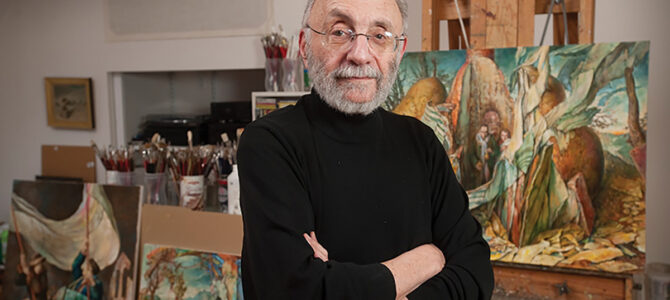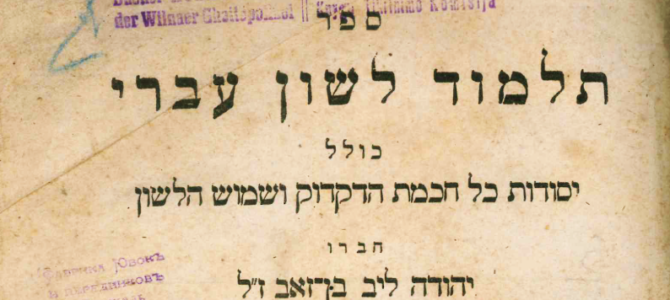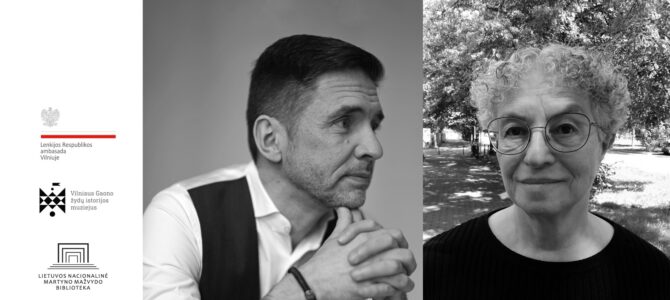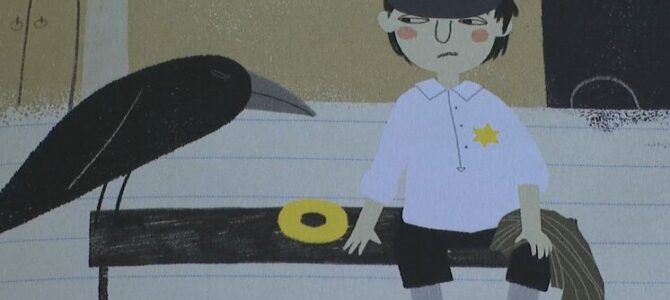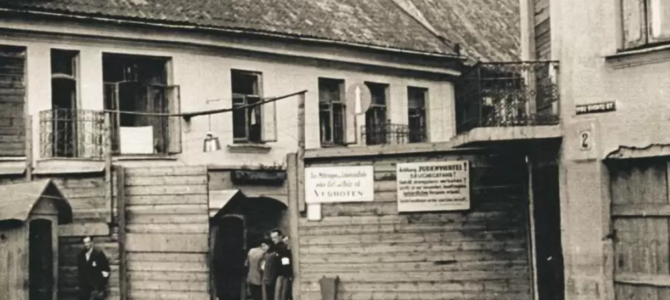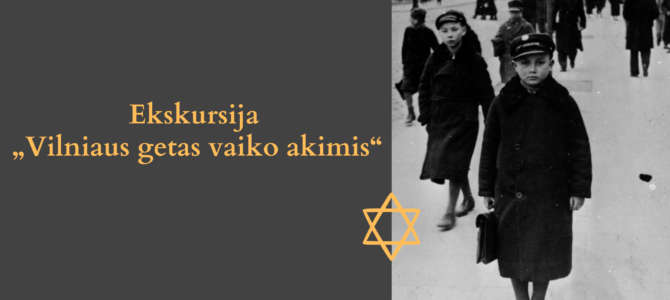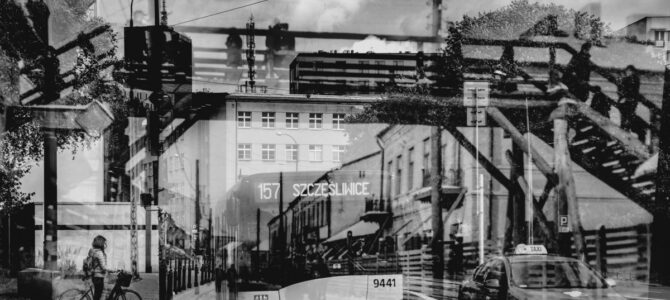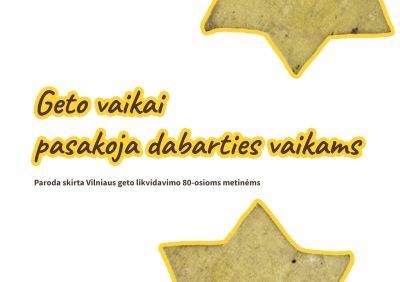At a special meeting of the Lithuanian parliament held today to mark the 80th anniversary of the liquidation of the Vilnius ghetto, Lithuanian Jewish Community chairwoman Faina Kukliansky called for remembering the contributions Jews made to the birth and development of the Lithuanian state before the Holocaust.
“It seems to me the memory of the history of Lithuanian Jews and the Vilnius ghetto has been reduced to official events, excursions and interactive tours for foreigners,” she noted.
Kukliansky said this wasn’t the first time she was forced to remind politicians and the Lithuanian public that plans for the Ponar Memorial Complex and other projects haven’t been completed.
“Every year I speak from this podium, saying there is no monument to rescuers of Jews. … If this is impossible to do for so many decades, let’s at least stop commemorating those who sowed death and hatred of the Jewish people,” Kukliansky told the Lithuanian parliament, foreign ambassadors and other guests.


